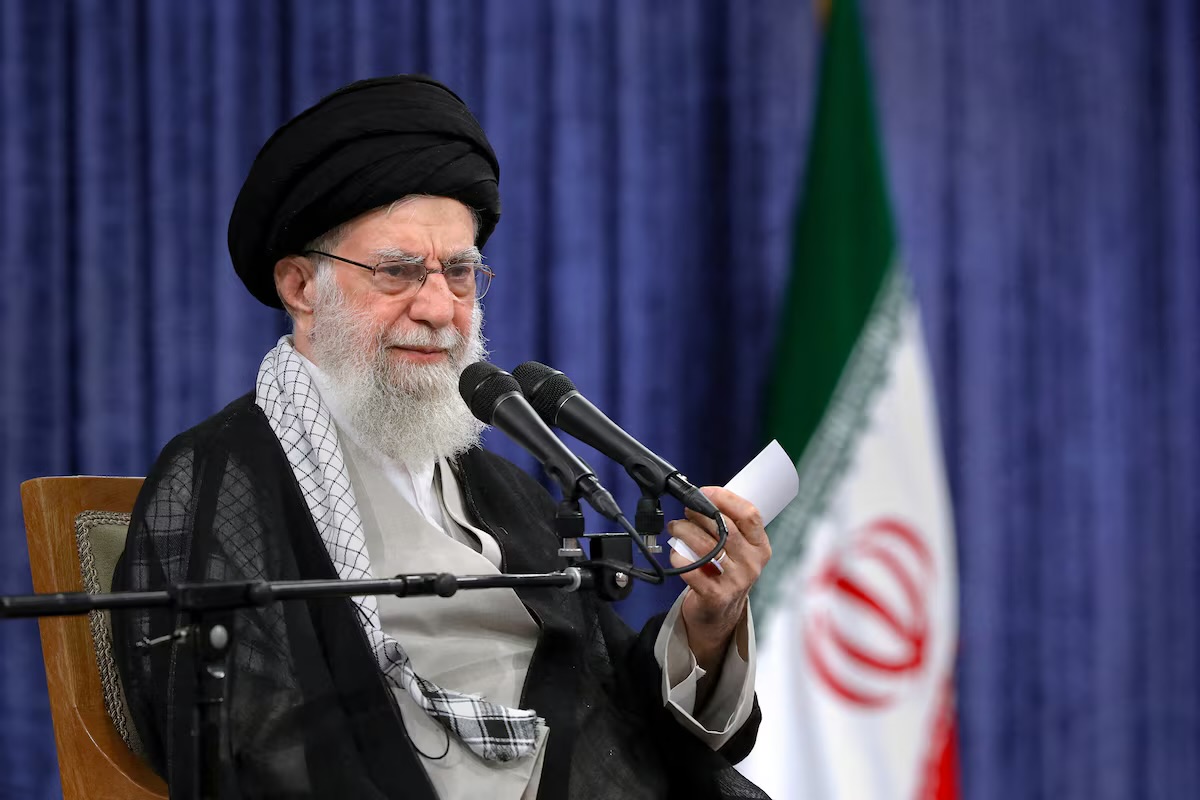News Desk: In a major military operation, Israeli forces have seized control of six vital water sources in southern Syria, including the strategic Al-Wahda Dam. These water sources account for approximately 30% of Syria’s and 40% of Jordan’s total water supply, making them critical not only to the local population but also to regional stability.
The Al-Wahda Dam, located on the Yarmouk River, is a key water infrastructure facility that has long served as a vital source of water for both Syria and Jordan. With its capture, Israel now holds significant leverage over water distribution, raising concerns about the impact on civilian populations in both countries. Humanitarian organizations warn that the ongoing occupation of these water sources could severely worsen the already dire water scarcity in the region, especially in areas facing extreme drought conditions.
This development marks a significant escalation in Israel’s military operations in the region, with experts fearing that control over such a critical resource could shift the balance of power in the Middle East. In addition to the humanitarian crisis, the takeover could spark further tensions between Israel, Syria, and Jordan, complicating diplomatic efforts for peace in the region.
Local reports suggest that the occupation is already affecting the daily lives of Syrians, with growing shortages of potable water in the southern regions. Jordan, too, is facing the potential disruption of its already strained water supply, which could lead to broader regional instability.
As the situation unfolds, international calls for dialogue and peaceful resolutions have intensified, but the future of water security in the region remains uncertain.





